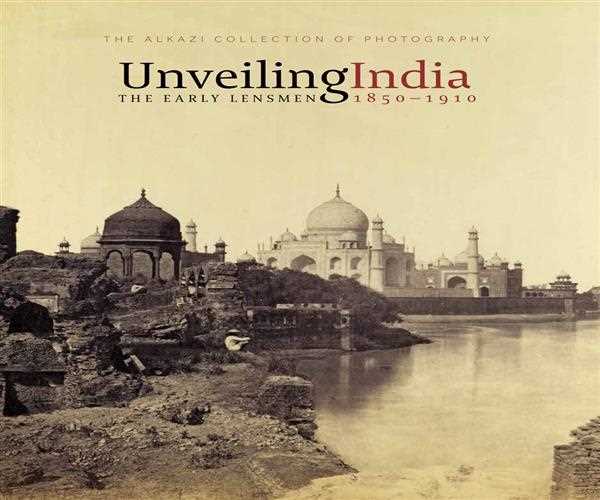
21-Jun-2024 , Updated on 6/21/2024 9:15:31 AM
Unveiling India's Hidden History: A Legacy of Distortion and Neglect
In a society where names like Aurangzeb, Akbar, and Shah Jahan are household staples, the mention of Raha Dahir, Bappa Rawal, or Lacchit Borphukan often meets with blank stares. This disheartening reality is not due to individual ignorance but to a systemic failure ingrained in our education system.
Since colonial times, India's educational landscape has been systematically reshaped to serve imperial interests. The British, epitomized by figures like Max Muller and Thomas Babington Macaulay, aimed to suppress Indian identity by distorting history and exalting Western culture. Their strategy was clear: control minds by controlling education, rendering Indians subservient and dependent on British governance.
Post-independence, rather than correcting this historical bias, successive Indian governments perpetuated it. Western ideals overshadowed indigenous achievements in classrooms, perpetuating a narrative that eroded pride in India's rich cultural heritage. Figures like Chhatrapati Shivaji and Maharana Pratap were relegated to mere footnotes, while attention lavished on invaders further distorted our sense of identity.
The consequences of this distortion are profound, shaping generations to believe that India's greatness came solely from outside influences, fostering a disconnect from our true roots. Speaking Hindi or celebrating native traditions became stigmatized, while Westernized pursuits gained societal approval. Institutions that should have nurtured national pride instead promulgated a skewed version of history, perpetuating a cycle of cultural erasure.
Efforts to rectify this historical injustice have been sporadic. Even as recently as the present day, textbooks continue to propagate inaccuracies, influencing generations of future leaders who rely on distorted historical narratives to formulate policy.
However, a glimmer of hope emerges with initiatives like the National Education Policy. Envisioned to correct historical misrepresentations, this policy promises a curriculum that celebrates India's ancient wisdom and diverse contributions. It seeks to reintroduce forgotten heroes, showcase indigenous culture, and instill a sense of pride in future generations.
Decolonizing Indian minds is not merely a matter of correcting textbooks; it is about reclaiming a lost heritage and reshaping national identity. It requires an earnest examination of history—one that acknowledges both triumphs and tribulations without the biases imposed by colonial rule.
As we move forward, the challenge lies in embracing a narrative that acknowledges India's complexities as a nation rich in diversity, innovation, and resilience. By doing so, we not only honor the past but also empower future generations to forge a more inclusive and authentic path forward. For true liberation begins with freeing minds from the shackles of historical falsehoods, allowing us to embrace our heritage with dignity and pride, undistorted by the shadows of the past.

Student
I am a content writter !
Join Our Newsletter
Subscribe to our newsletter to receive emails about new views posts, releases and updates.
Copyright 2010 - 2026 MindStick Software Pvt. Ltd. All Rights Reserved Privacy Policy | Terms & Conditions | Cookie Policy